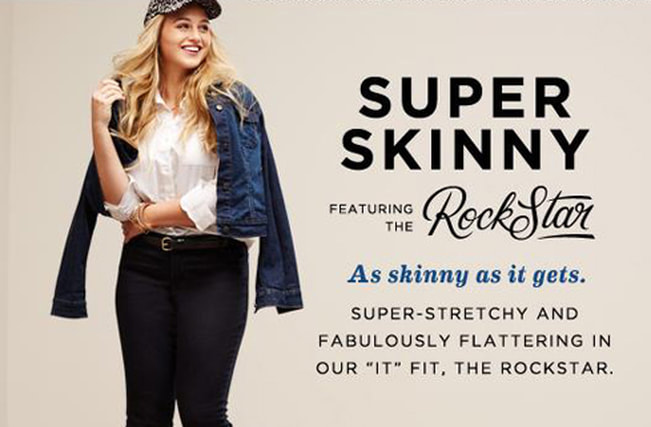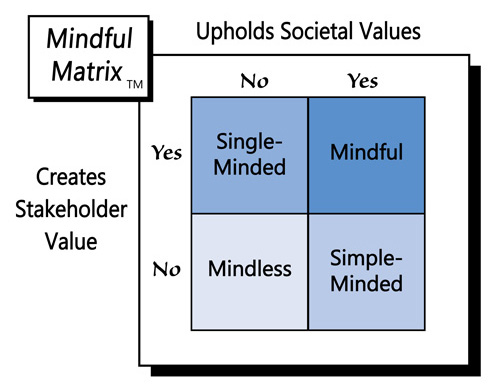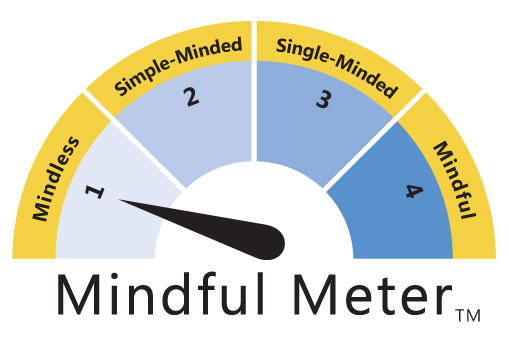Old Navy has sparked a size/gender controversy with its jeans pricing. While the cheap-chic retailer typically sells a pair of its “big” men’s jeans for the same price as the standard-size pants, it charges considerably more for plus-size women’s jeans than it does for the same style of regular-size ones. For instance, here are some specific examples from the company’s website:
- Regular Men’s Premium Loose Fit Jeans $39.94
+ Big Men’s Premium Loose Fit Jeans $39.94
- Women’s Regular Rockstar Midrise Skinny Jeans $30.00
+ Women’s Plus-Size Rockstar Midrise Skinny Jeans $44.00
As you can see, that’s a 0% difference for larger men and a 46.7% difference for larger women. This significant discrepancy has not gone unnoticed by consumers. Many have criticized Old Navy’s pricing practices, including over 95,000 who have signed a Change.org petition. Although the petition claims victory, at the time of this post the retailers’ web pricing remains imbalanced, as reflected in the example above.
An Old Navy representative has responded to consumers’ discontent saying that its women’s plus-sized clothing contains special curve enhancing features not typically found in men’s garments. As a result, the design and manufacture of larger women’s clothing necessitates higher costs that must be covered by higher prices.
That explanation does have merit—special features and designs certainly can increase product costs. What’s hard to reconcile, however, is the magnitude of the price difference. Give that they’re jeans, not smartphones, what product enhancements could account for a difference of nearly 50%? By comparison, Macy’s sells its line of women’s Levi’s 512 jeans at a list price of $54 for regular sizes and $58 for plus sizes—a difference of just 7.4%.
It also may be worth noting that Athletica, which like Old Navy is also owed by the Gap, Inc., sells its plus-size pants for the same price as its regular size pants. Of course, Athletica’s active wear is different than jeans. Still, one would think that there would be some price difference between the women’s regular and plus sizes given the large variation in Old Navy’s prices.
Short of a production audit, it’s hard to categorically condemn Old Navy’s jeans-pricing-policies: we just don’t know the products’ actual cost structure. What can be chastised, however, is the firm’s tactical inconsistency—pricing that is out-of-step with that of its men’s lines, its competitors’ products, and its sister company’s apparel.
If nothing more, this pricing inconsistency gives Old Navy the appearance of impropriety on an issue of great social concern—women’s body image. As a result of missing the mark both in terms of marketing efficacy and values encouragement, Old Navy’s plus-size pricing can be deemed Mindless Marketing.
Learn more about the Mindful Matrix and Mindful Meter.
Check out Mindful Marketing Ads and Vote your Mind!




 RSS Feed
RSS Feed